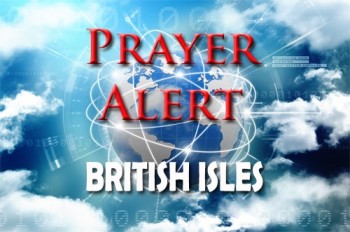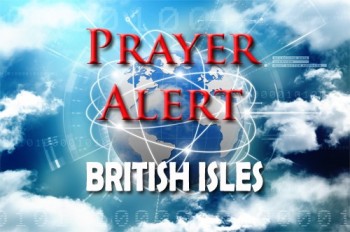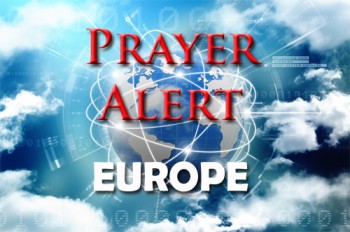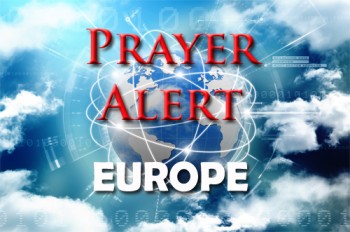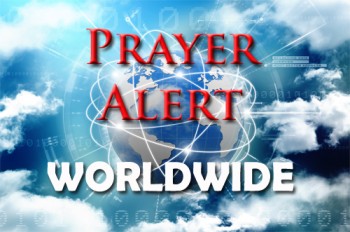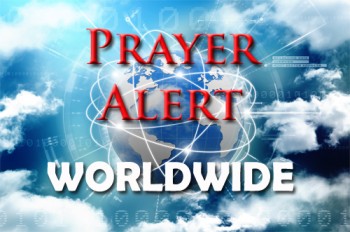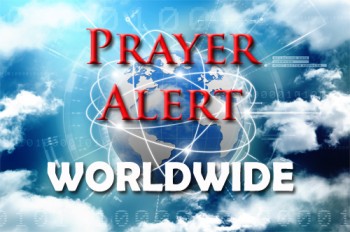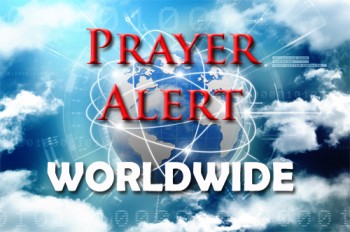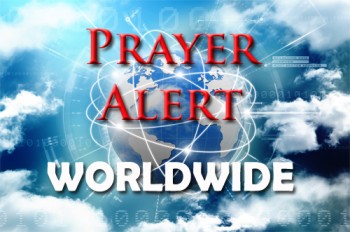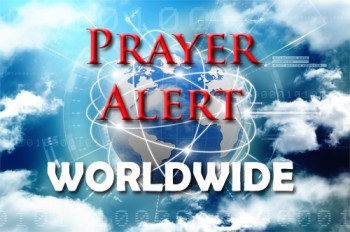Army 40% under strength
Ministry of Defence data show that numbers in infantry units have consistently been falling over the past five years. Some UK combat regiments are operating at almost 40% less than their required strength, due to declining recruitment numbers. A quarterly report noted a 7.6% drop in army personnel on 1 January. Defence secretary Ben Wallace has been urged to address the issue. Tory MP Bob Seely criticised the firm Capita, which began managing recruitment for the MoD in 2012. He said, ‘I’m afraid to say that Capita have not been a success. If you talk to people who are wanting to go into the Army, the most common way they describe it is shambolic and chaotic.’ A Capita spokesperson said that they are in the middle of a re-set, which started last year but is already seeing excellent results.
Prisoners and faith communities
The Prison Advice and Care Trust (Pact) is a Catholic charity providing support for prisoners and their families, by helping people make a fresh start and minimising the harm caused by imprisonment. It removes barriers between prisoners and the outside world, and influences policy and legislation in most prisons in England and Wales. In a bid to crack down on crime, Boris Johnson wants to create 10,000 extra prison places and end automatic early releases of prisoners before they finish their sentences. However Pact believes that the key for successful rehabilitation comes from connections with faith communities. It says the PM's solution is a plaster for a bullet wound: ‘If young people carry knives, because they're frightened and others are carrying knives, they're not going to stop carrying a knife, because the sentence is going to be longer. They’ll stop carrying a knife if they feel safe in their communities.’ See
Russia: protests challenge Putin’s dominance
President Putin’s heavy-handed politics ahead of September elections have caused street protests for weeks. Russians are airing an array of grievances over economic stagnation and the Kremlin’s geopolitical isolation. Putin has turned Russia into a powerhouse to be reckoned with for foreign policy makers, but living standards have fallen five years in a row. The 50,000 protesters who converged a mile from the Kremlin recently proved that a movement that started with protests over candidates being refused to register for municipal elections has turned into a platform for a wide swathe of political concerns - local and national. Average Russians are experiencing poverty, consumer borrowing has increased almost 50%, and food chains have introduced consumer loans for shoppers, allowing families to put food on the table. Putin’s popularity is low, and social media have shown images of police beating generally peaceful protesters and detaining 2,000+ demonstrators. See
Ukraine: 500+ churches join new Orthodox church
In seven months over 500 congregations have left the Russian-affiliated church to join a newly created Orthodox Church of Ukraine. As a result, the Russian church has lost almost 5% of its congregations, a relatively small fraction of the total but significant given how much resistance the Moscow patriarchate has sought to orchestrate against this movement. The map of the changes is also significant, with most recent changes in the centre and south of the country, not just in the west as was the case at first. Patriarch Bartholomew I of Constantinople, seen as ‘first among equals’ in the Orthodox Church, agreed to allow the creation of an independent church in Ukraine, which many had requested in response to Russia’s 2014 annexation of the Crimea from Ukraine. President Trump’s administration supports the new Ukrainian church.

